In the homeschooling world, transcripts are a source of constant confusion for parents—how do you make one? what do you put on it? how do you categorize the classes? And how do you include a Bible class on a high school transcript: should “Bible study” be included on a transcript?
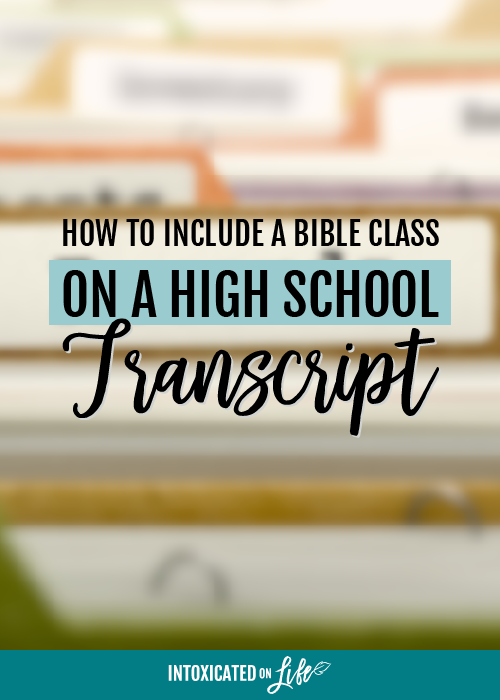
There are a number of reasons parents think Bible shouldn’t be included…
- Colleges and universities don’t care about those classes.
- Bible classes aren’t academically rigorous.
- Bible classes don’t fit neatly into any category.
5 Tips for Including a Bible Course on a High School Transcript
So, here are a few questions you should be asking…
1. Should you include “Bible” classes on the Transcript? Yes or No?
Yes! Absolutely. If studying the Bible was a significant part of your high schooler’s life—even if they didn’t use a formal curriculum—then this is most definitely part of their academic life. Therefore, it is transcript material.
Remember: all a transcript does is report the work your student has completed. For college admission staff, a transcript merely verifies the base admission criteria.
2. Does it count as a 1 hour or ½ hour credit?
If your student works for 1 hour per day, 5 days per week on Biblical studies throughout a full school year, then it can be counted as a 1 hour class. (A one hour class is typically 120-180 hours total for the school year.)
If your student works for a ½ hour per day on Biblical studies, then it can be counted as a ½ hour class. (A ½ hour class is typically 60-90 hours total for the school year.)
3. Is it a core or elective class?
The National Center for Education Statistics (NCES) is the primary federal entity for collecting and analyzing data related to education in the United States, and the NCES lists the “Bible as Literature” as one class possibility under the Letters/English category.
A strong case can be made for including a rigorous Bible class as a core literature course. The Bible is, after all, the most influential and best-selling book in the world—it’s influence is far-reaching. Bible literacy is a basic foundation for understanding western literature. Shakespeare references the Bible hundreds times. The more you study the works of Ernest Hemingway, John Milton, William Faulkner, Mark Twain, Nathaniel Hawthorne, or Leo Tolstoy, the more you know how the Bible influenced their own writings.
That said, there’s nothing wrong with including the Bible as an elective course on your transcript.
(It should go without saying that you need to make sure you are up to speed on homeschooling laws in your state before you begin a transcript.)
4. What should the class name and description be?
Be specific when you name your classes. Don’t call it “Bible.” Call it something more precise, like “New Testament,” “Old Testament,” “Poetry of the Bible,” “The Epistles of Paul,” or even just “The Bible as Literature.”
If you used a curriculum, feel free to steal their class description for your own.
If you cobbled a class together from many sources, just make sure your class description is detailed enough to give readers an understanding of the purpose and scope of the class.
Not every college or university requires class descriptions for elective courses, but many do.
5. Should you include a letter grade or pass/fail grade?
I recommend giving the class a letter grade. A pass/fail class can have a negative impact on how universities perceives your student’s GPA.
If your student used a curriculum or formal online course, use the grading guidelines the course provides. If their learning experience was a conglomeration of several resources, then if your student met your high expectations and did well on their assignments, give your student an A or 4.0 in the course.
Equipped!: A Full Credit Bible Class
After years of teaching in local churches and college campuses, I’m excited to offer high school students a full-school-year course to teach them how to study the Bible for themselves.
It’s called Equipped! Tools for Exploring the Bible.
This is a New Testament survey course for high schoolers (although we’ve had some parents ask, and yes, you can take it too!). If you’re considering having your student learn about the Bible as literature, this is the course for you. In the course, we take a deep dive into each book of the New Testament, one by one, allowing students to understand the literary flow and features of each book.
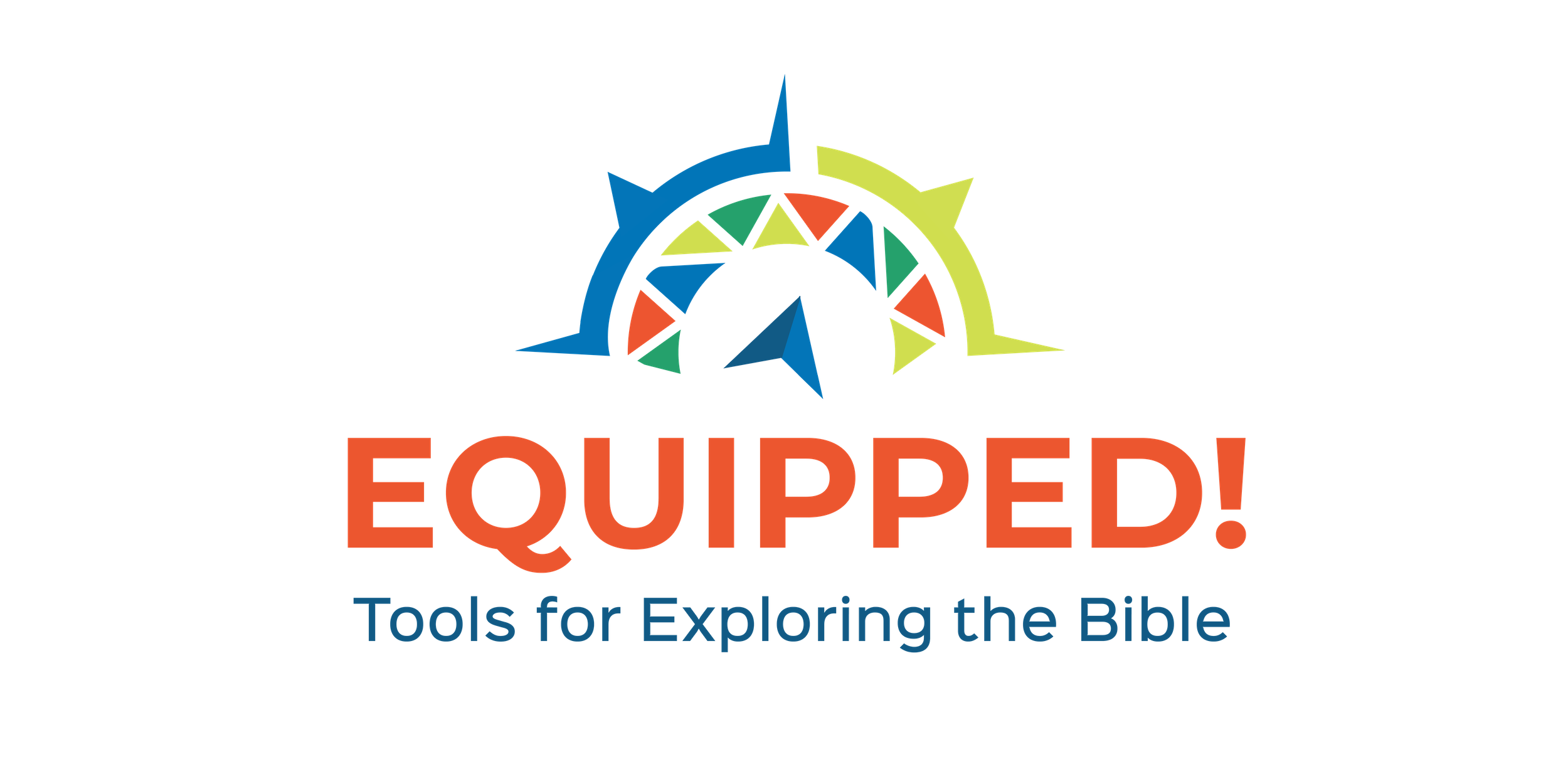

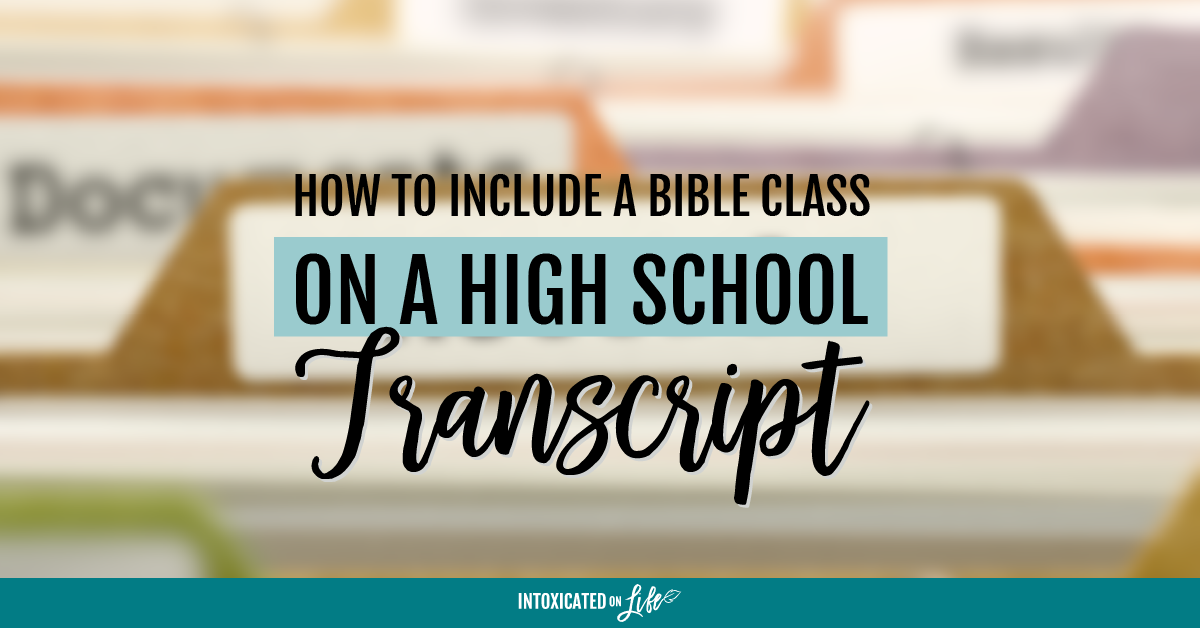
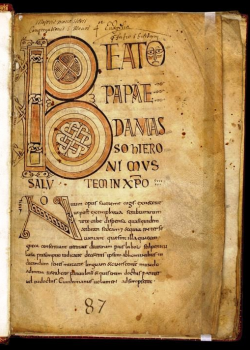
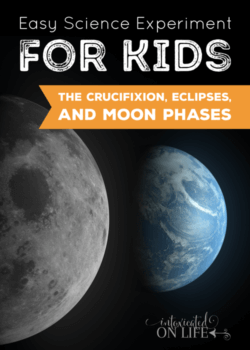


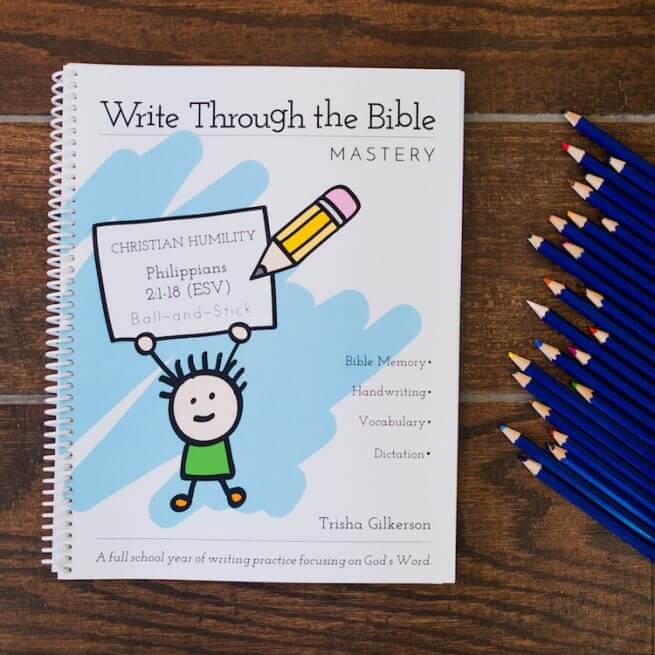
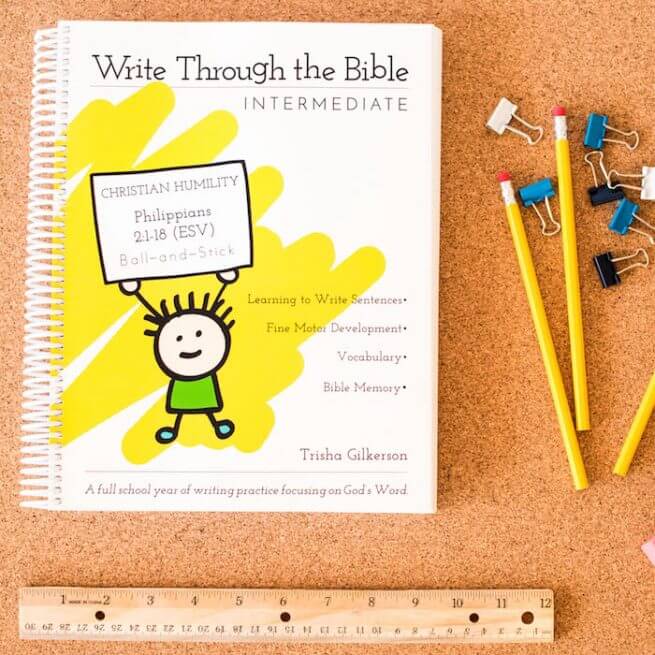
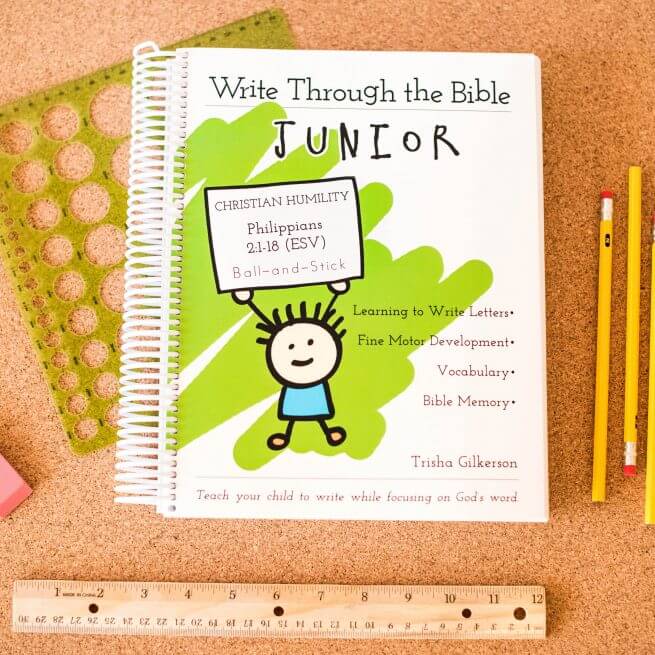
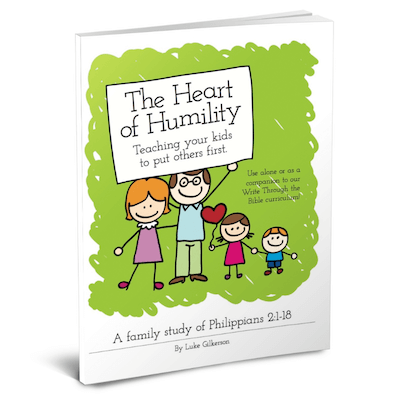

Leave a Comment